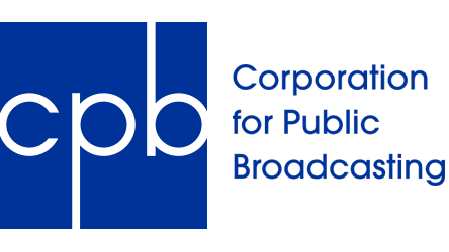Supreme Court To Consider Legality of FCC’s Universal Service Fund
Will hear an appeal of a 5th Circuit ruling that the FCC’s management of the USF is unconstitutional

WASHINGTON—The U.S. Supreme Court has agreed to hear an appeal in a case that alleges the Federal Communications Commission does not have the authority to decide how Universal Service Fund monies are used.
The 5th U.S. Circuit Court of Appeals ruled that the FCC's funding arrangement to subsidize and promote access to phone and broadband services for libraries, rural areas, tribal areas, lower-income Americans and other constituencies was unconstitutional.
If upheld, the ruling would upset longstanding funding procedures used to make telecommunications services available in less affluent rural areas.
Congress gave the FCC the authority to set up the Universal Service Fund in the Telecommunications Act of 1996. Consumers pay about $8 billion a year to fund the USF.
The lawsuit filed by the conservative group Consumer Research argued that Congress did not have the authority to delegate how the funds are spent to a government agency like the FCC, citing a nondelegation doctrine that was used by the Supreme Court to overturn New Deal legislation in 1935.
The 5th Circuit in New Orleans agreed. “American telecommunications consumers are subject to a multibillion-dollar tax nobody voted for,” the 5th Circuit ruled, according to Law.com. “The size of that tax is de facto determined by a trade group staffed by industry insiders with no semblance of accountability to the public.”
However, other circuits have rejected the line of reasoning. “The Sixth and Eleventh circuits have rejected nondelegation challenges to the USF,” Law.com has reported.
The professional video industry's #1 source for news, trends and product and tech information. Sign up below.
The FCC and others appealed the decision to the Supreme Court. Arguments in the case are not likely to be heard until 2025.
FCC Chair Jessica Rosenworcel applauded the move and said she thinks support for the fund will be validated.
“I am pleased that the Supreme Court will review the 5th Circuit’s misguided decision,” she said. “For decades, there has been broad, bipartisan support for the Universal Service Fund and the FCC programs that help communications reach the most rural and least-connected households in the United States, as well as hospitals, schools and libraries nationwide. I am hopeful that the Supreme Court will overturn the decision that put this vital system at risk.”
George Winslow is the senior content producer for TV Tech. He has written about the television, media and technology industries for nearly 30 years for such publications as Broadcasting & Cable, Multichannel News and TV Tech. Over the years, he has edited a number of magazines, including Multichannel News International and World Screen, and moderated panels at such major industry events as NAB and MIP TV. He has published two books and dozens of encyclopedia articles on such subjects as the media, New York City history and economics.

